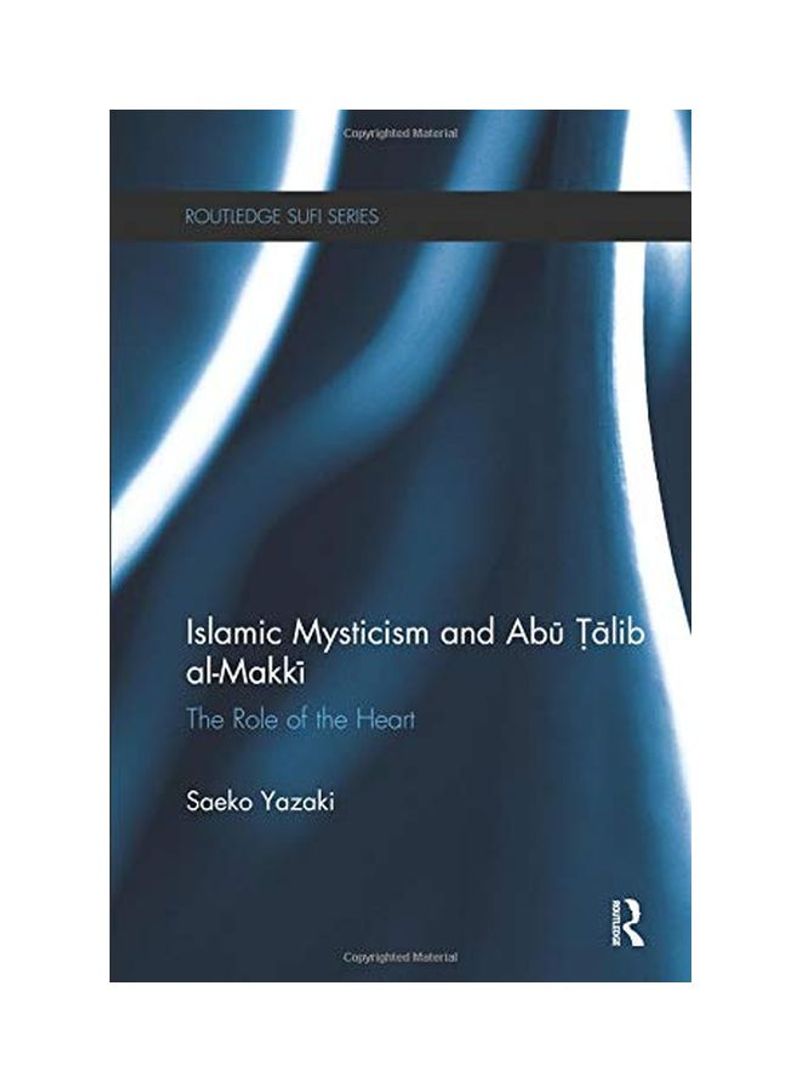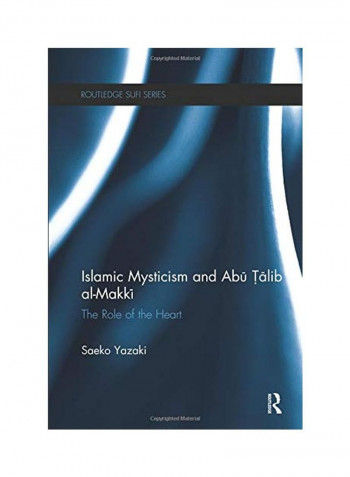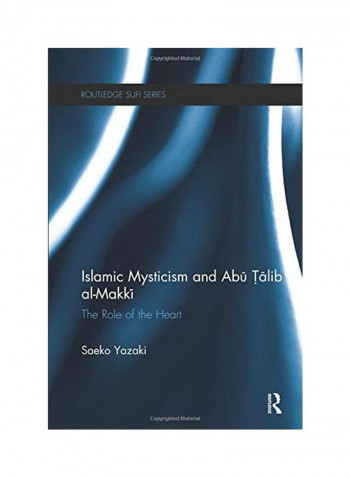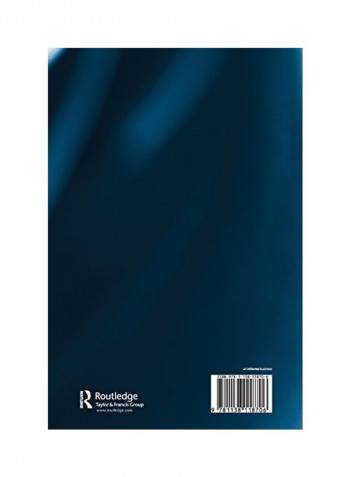Islamic Mysticism And Abu Talib Al-Makki: The Role Of The Heart Paperback
Recommend
Sort by
Rating
Date
Specifications
Country of Origin
India
Author 1
Saeko Yazaki
Book Description
Both in everyday language and religious metaphor, the heart often embodies the true self and is considered to be the seat of emotion in many cultures. Many Muslim thinkers have attempted to clarify the nature of Sufism using its metaphorical image, particularly in the tenth and eleventh centuries. This book examines the work of Ab? T?lib al-Makk? and his wider significance within the Sufi tradition, with a focus on the role of the heart. Analysing his most significant work, Q?t al-qul?b (?The Nourishment of Hearts?), the author goes beyond an examination of the themes of the book to explore its influence not only in the writing of Sufis, but also of Hanbal? and Jewish scholars. Providing a comprehensive overview of the world of al-Makk? and presenting extracts from his book on religious characteristics of the heart with selected passages in translation for the first time in English, this book will give readers a better understanding not only of the essential features of Sufism, but also the nature of mysticism and its relation to monotheistic faiths.
ISBN-10
1138118702
ISBN-13
9781138118706
Language
English
Publisher
Taylor & Francis Ltd
Publication Date
31-May-17
Number of Pages
216
About the Author
Saeko Yazaki (PhD, Edin.) is Lord Kelvin Adam Smith Fellow in Religious Studies at the University of Glasgow, and Research Associate at the Centre of Islamic Studies, University of Cambridge. Her research focuses on mysticism and epistemology of religion, the Judaeo-Islamic tradition, and their continuing relevance to the present. She is also pursuing comparative study of monotheistic and non-monotheistic faiths.
Editorial Review
Finally, Yazaki has produced a creditable contribution to the history of Islamic thought on a difficult and often enigmatic figure. Her addition (in chaps. three and four) to the still-scarce supply of translations of Abu alib al-Makki's work is laudable and much appreciated, and raises hope that she might make further contributions of this sort. - John Renard, Saint Louis University




